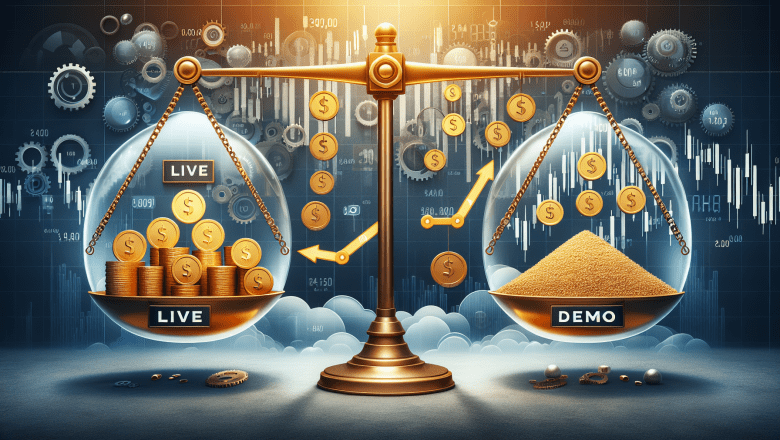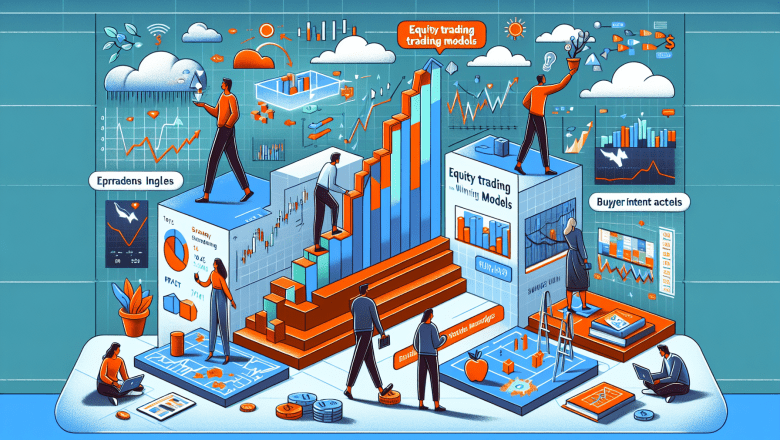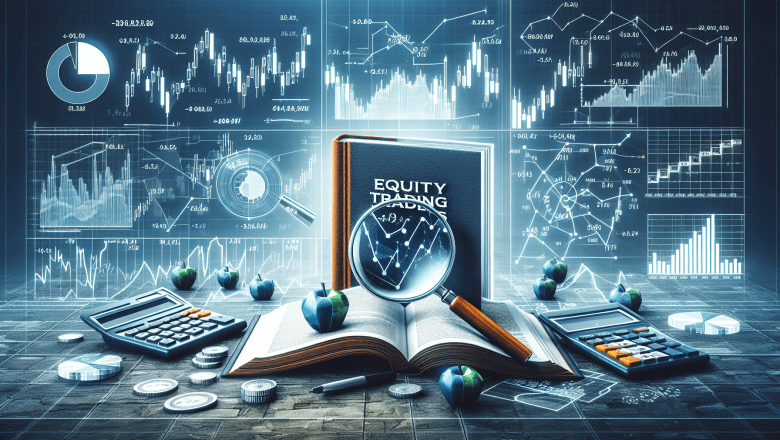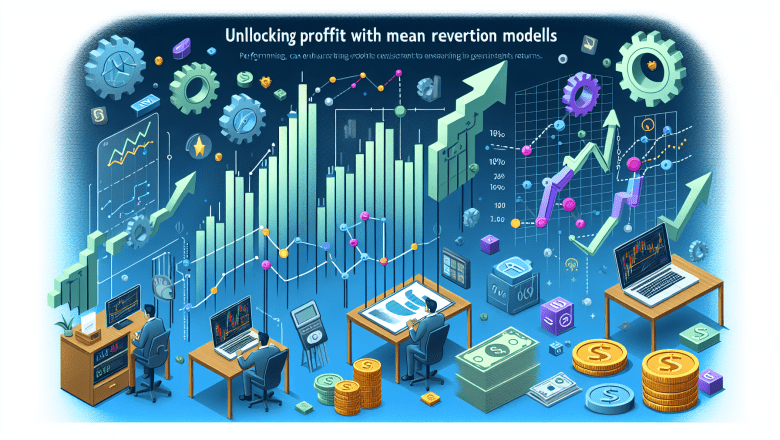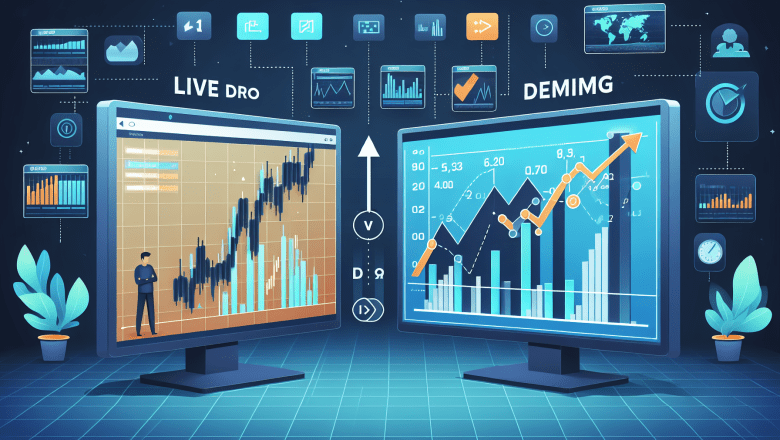
Live vs Demo Trading: Master Your Trading Strategy
Mastering Live vs Demo Trading: A Comprehensive Guide
In the dynamic world of trading, selecting the right platform is crucial for achieving success. Whether you are starting out or have years of experience, understanding the nuances between live trading and demo trading can significantly impact your approach. This guide is designed to help you navigate through the complexities of live vs demo trading, offering insights on how to choose between live and demo trading platforms, while also highlighting the advantages and limitations associated with each.
Modern trading solutions have evolved rapidly, with technology playing a central role in streamlining operations. Live trading platforms offer real market environments where strategies are tested against volatile movements, while demo trad...



